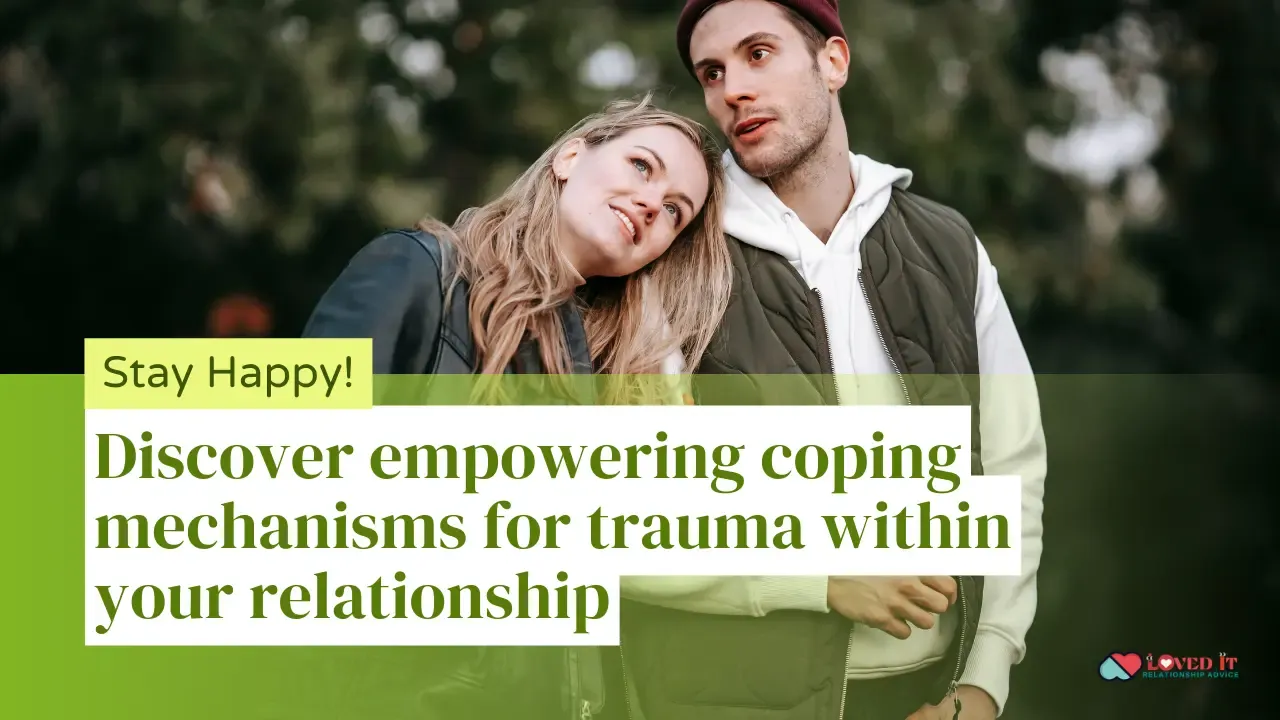Discover empowering coping mechanisms for trauma within your relationship
Trauma can have a profound impact on our relationships, especially when it comes to our romantic partners. Our brains are wired for connection and love, but trauma can rewire them for protection, making it challenging to maintain healthy relationships. Various types of trauma can affect our romantic lives, including rejection trauma, abandonment trauma, betrayal trauma, and humiliation trauma.
 |
| Discover empowering coping mechanisms for trauma within your relationship |
Rejection trauma stems from a childhood where we felt constantly rejected or unworthy of our parents' love and attention. This trauma can make us fear rejection in our adult relationships, leading to feelings of hurt, jealousy, loneliness, shame, guilt, and social anxiety. We may interpret minor actions from our partners as personal rejection and struggle with low self-esteem within the relationship.
Abandonment trauma often accompanies rejection trauma. It arises from a childhood where we experienced neglect or abuse that made us feel unsafe and uncared for. These experiences lead us to believe that we don't deserve attention or love. As adults, we may develop an anxious attachment style, fearing abandonment and constantly worrying about our partner's desire to be with us. Intense emotions like anger, anxiety, and fear may arise when we feel abandoned by our partner.
Betrayal trauma occurs when the people we trust, such as family members or romantic partners, deeply betray us. This could be through infidelity, abuse, substance use, or neglect. We suppress these traumatic experiences to preserve the relationship and may continue patterns of dependency and inadequacy in our adult relationships. We fear being betrayed again and may stay in toxic relationships, wearing a happy mask while silently suffering.
Humiliation trauma arises from childhood experiences where our parents made us feel deeply ashamed. They may have mocked our appearance, academic performance, or any perceived failures. These experiences lead to toxic shame and can result in coping strategies like isolation, people-pleasing, or aggression. These coping mechanisms may impact our relationships by isolating us, eroding our sense of self, or leading to conflict.
Recognizing and addressing these trauma types is crucial for healing and building healthy relationships. Seeking therapy can provide a safe space to explore and process childhood wounds. It can help us develop new coping strategies, improve communication skills, and build stronger self-esteem. Building awareness of our trauma patterns can empower us to avoid seeking partners who mimic our past abusers and can help us establish healthier relationship dynamics.
Remember that you matter, and your trauma does not define you. With support and self-work, it is possible to heal from past wounds and create fulfilling and loving relationships.

Post a Comment